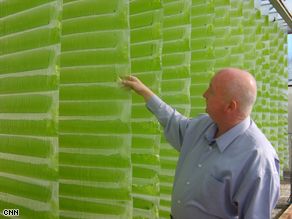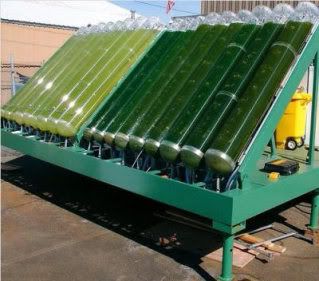March 26, 2009
HAWTHORNE, Calif.--(BUSINESS WIRE) —Tesla Motors is now taking orders for the Model S, an all electric family sedan that carries seven people and travels 300 miles per charge.
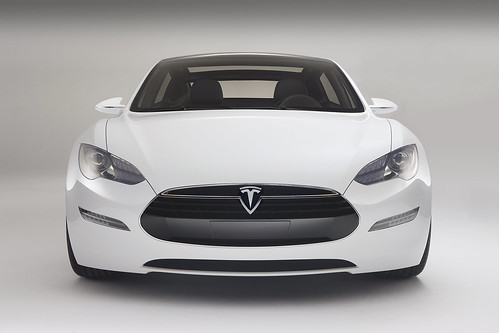
The Model S, which carries its charger onboard, can be recharged from any 120V, 240V or 480V outlet, with the latter taking only 45 minutes. By recharging their car while they stop for a meal, drivers can go from LA to New York in approximately the same time as a gasoline car. Moreover, the floor-mounted battery pack is designed to be changed out in less time than it takes to fill a gas tank, allowing for the possibility of battery-pack swap stations.
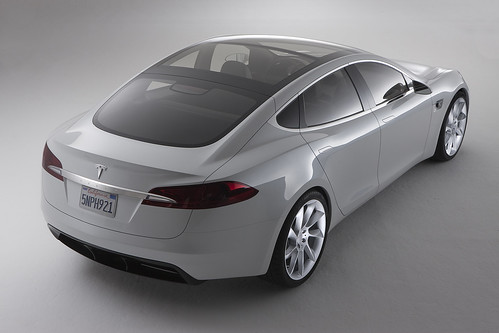 The floor-mounted powertrain also results in unparalleled cargo room and versatility, as the volume under the front hood becomes a second trunk. Combining that with a four-bar linkage hatchback rear trunk and flat folding rear seats, the Model S can accommodate a 50-inch television, mountain bike *and* surfboard simultaneously. This packaging efficiency gives the Model S more trunk space than any other sedan on the market and more than most SUVs.
The floor-mounted powertrain also results in unparalleled cargo room and versatility, as the volume under the front hood becomes a second trunk. Combining that with a four-bar linkage hatchback rear trunk and flat folding rear seats, the Model S can accommodate a 50-inch television, mountain bike *and* surfboard simultaneously. This packaging efficiency gives the Model S more trunk space than any other sedan on the market and more than most SUVs.
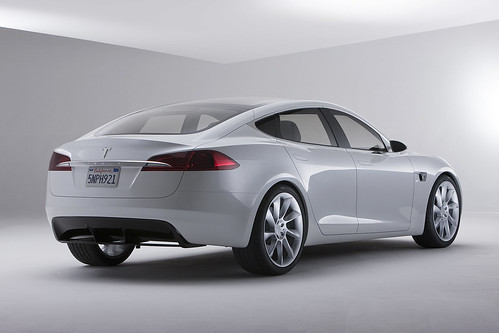
“Model S doesn’t compromise on performance, efficiency or utility -- it’s truly the only car you need,” said Tesla CEO, Chairman and Product Architect Elon Musk. “Tesla is relentlessly driving down the cost of electric vehicle technology, and this is just the first of many mainstream cars we’re developing.”
Tesla expects to start Model S production in late 2011. The company believes it is close to receiving $350 million in federal loans to build the Model S assembly plant in California from the Dept of Energy’s Advanced Technology Vehicle Manufacturing Program.
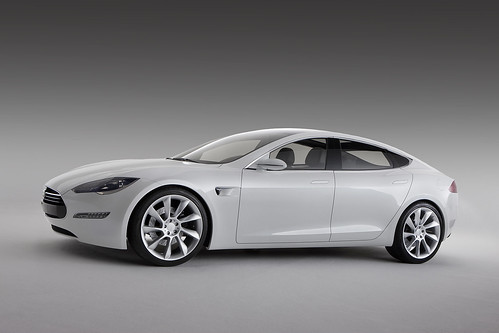
Read More »»







